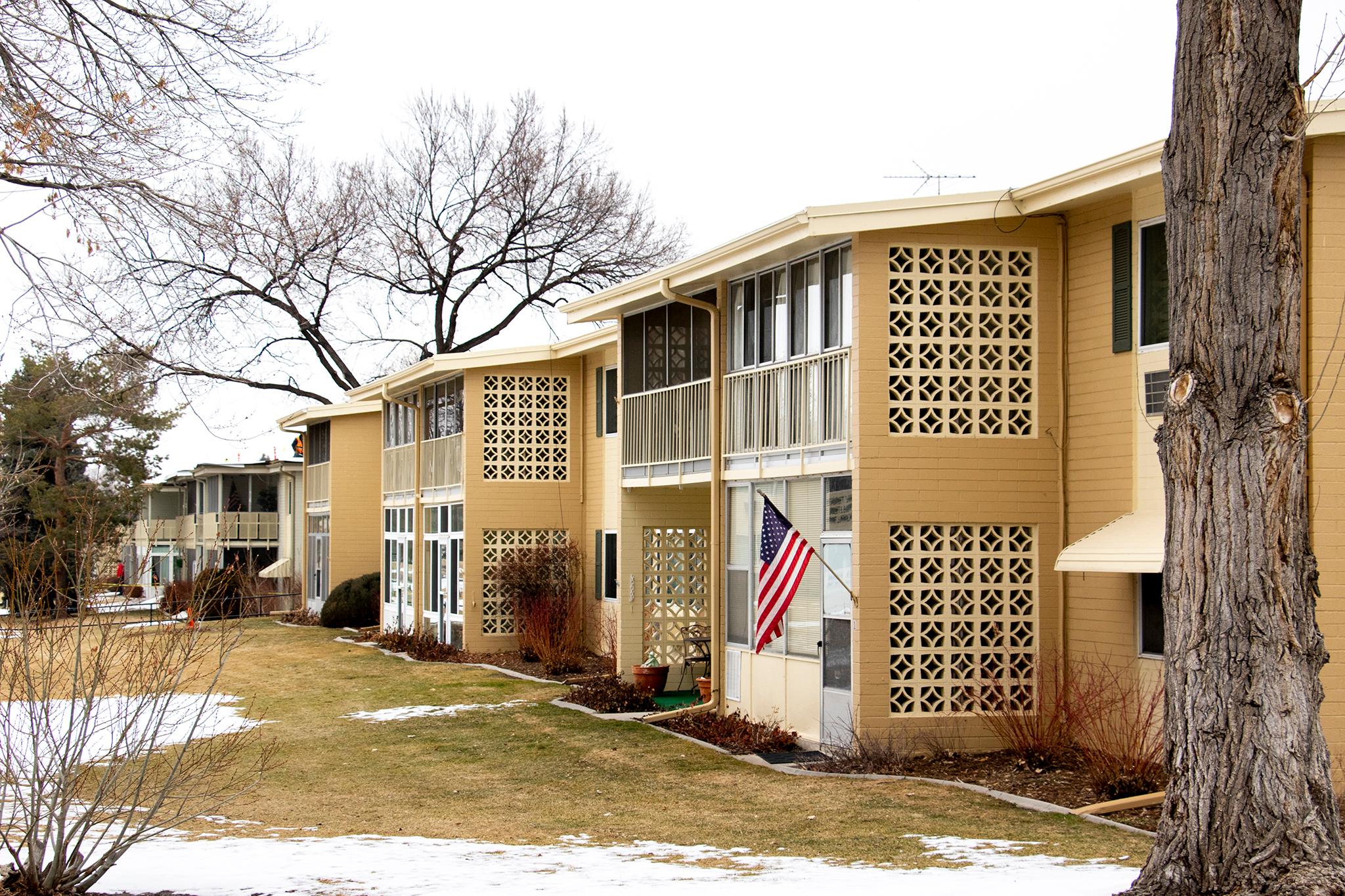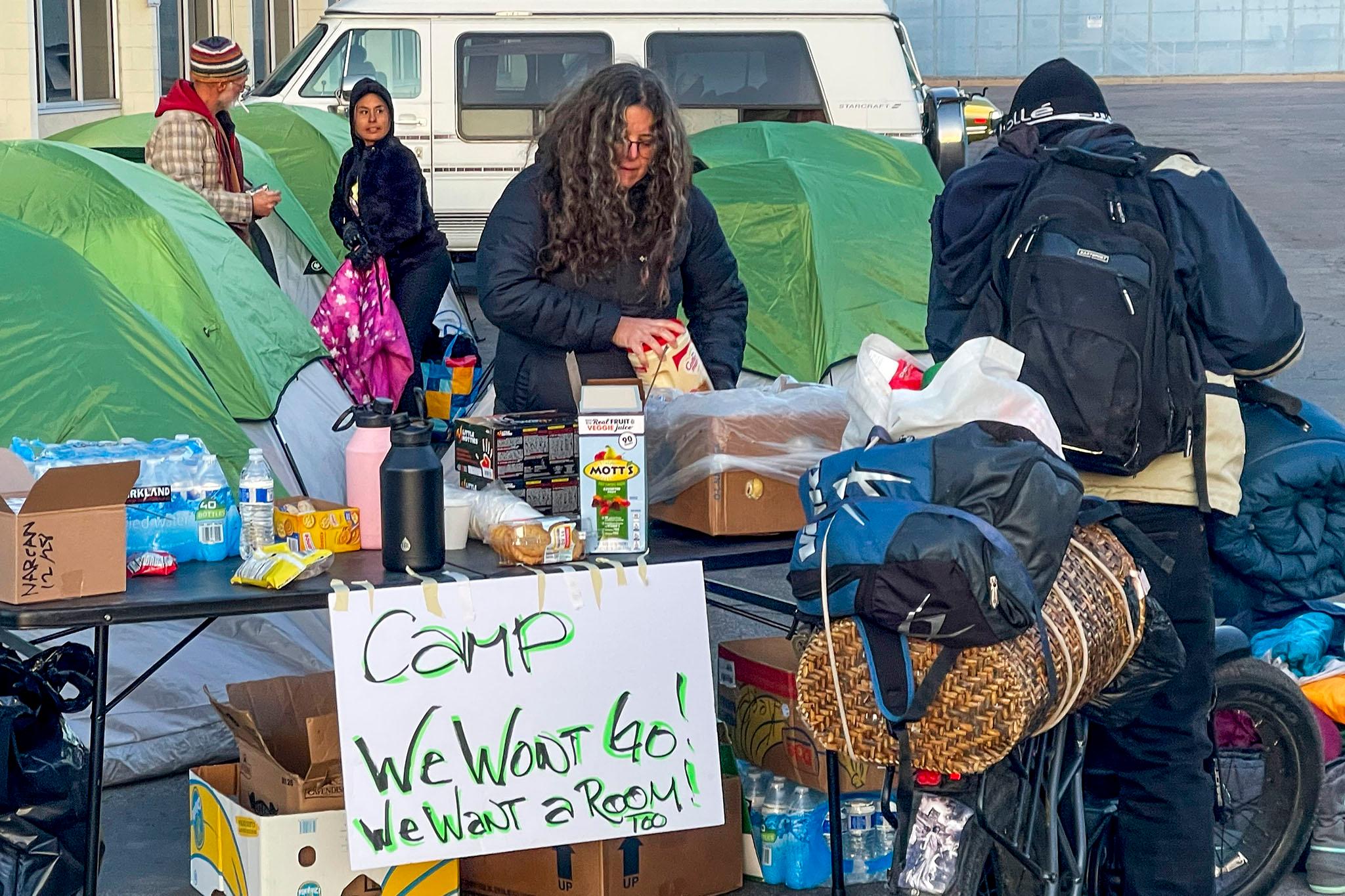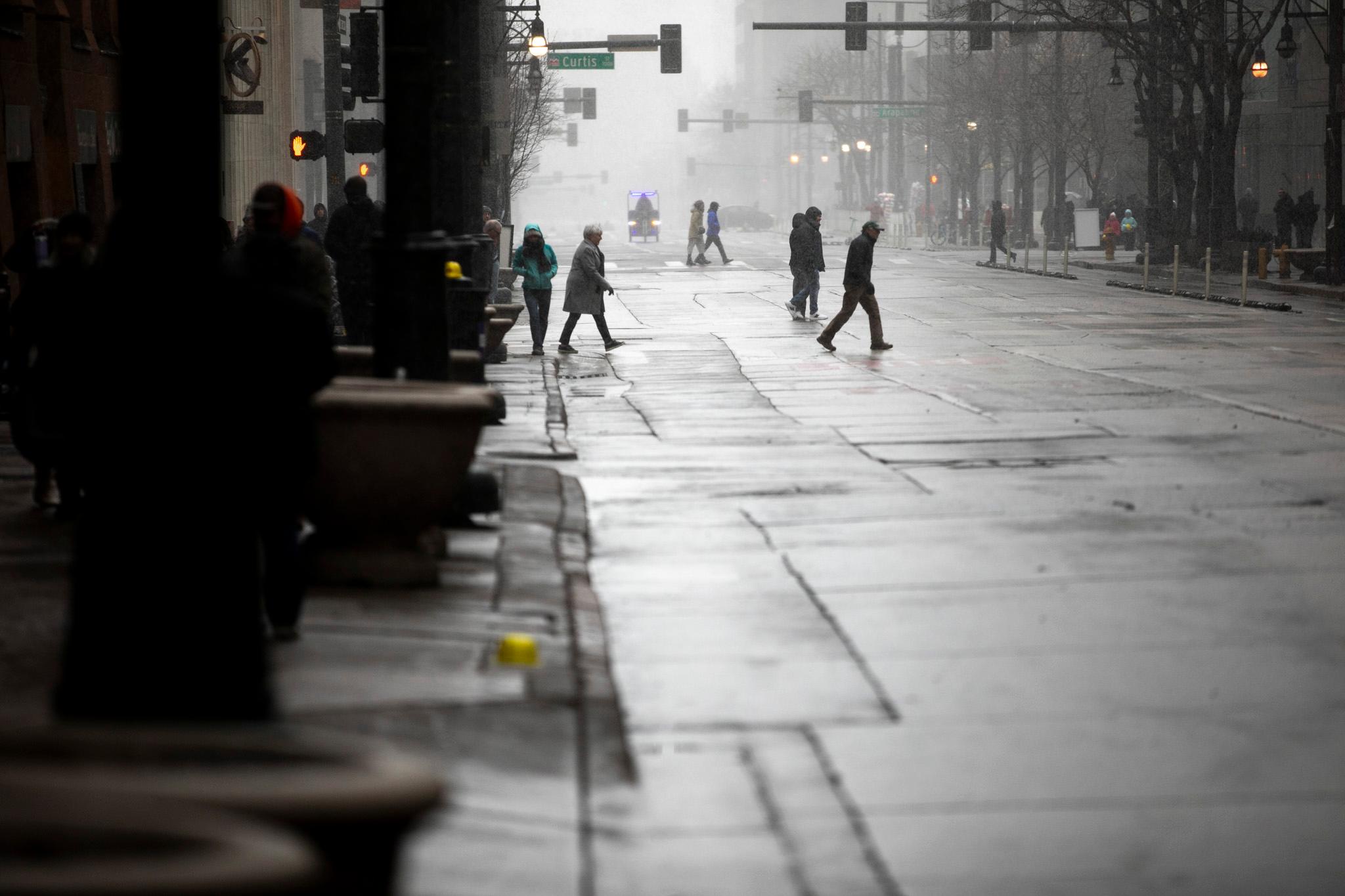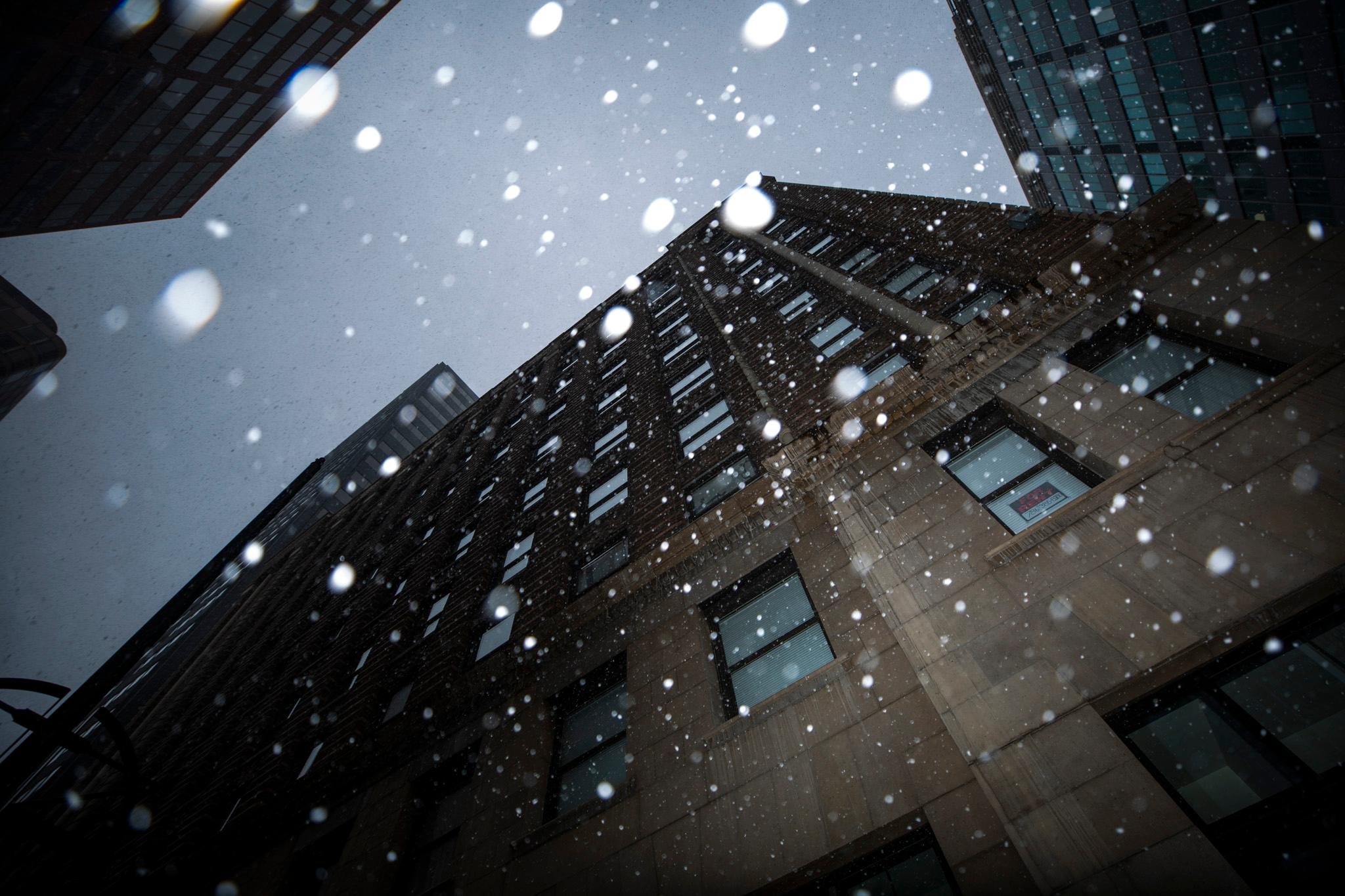The city's public health department last month abandoned virtual meetings and instead started doing in-person compliance checks at long-term care facilities as COVID-19 cases rose in places like nursing homes.
Information provided by the Denver Department of Public Health and Environment shows the department shifted strategies as cases increased and people at these facilities continued to represent a bulk of fatal coronavirus cases in the city. Site visits are now done every day, according to the city's Joint Information Center.
Figures from the city show 32 outbreaks at these facilities in Denver as of Wednesday.
The outbreaks have led to at least 145 deaths, accounting for 69 percent of all COVID-19 deaths in Denver (209 total as of Wednesday). The percentage is much higher than the statewide average of 57 percent.
The city notes not all deaths at these facilities are Denver residents, citing the possibility that people who died may have been there for injury rehabilitation or illness and the facility was not their primary residence.
Long-term care facilities in Denver include assisted living homes providing some elements of healthcare, facilities providing independent living options and senior or retirement communities.
The city issued orders to 118 long term care, ancillary care and independent senior living communities on March 13, outlining preventative measures from the Center for Disease Control for these facilities, according to the JIC. The city had declared a state of emergency over the novel coronavirus on March 12.
The city continued issuing emergency orders, with new ones issued on March 17 and April 1. The JIC said the city provided daily assistance by addressing questions, concerns and compliance at the facilities, as well as supplying them with thousands of pieces of personal protective equipment.
"As outbreaks began to be identified in facilities, DDPHE case managers, along with CDPHE partners, began contacting facilities to ensure proper prevention measures were in place, evaluate PPE use and availability, and discuss appropriate staffing," the information from the JIC provided to Denverite read.
In-person compliance visits by DDPHE started on April 20. At that time, the JIC said the city joined in-person visits conducted by the State Health Facilities team, whose job is to routinely check these facilities. The reason the city hadn't joined the teams in-person before that date was to limit outside people coming into the facility.
"Because any extra foot traffic into these facilities was discouraged, the State asked us not to conduct in-person visits, but due to the volume of visits increasing outside of Denver, that created a need for a local Denver team to begin investigations of local Denver facilities," the JIC said in an email to Denveirte.
DDPHE said it had previously done virtual visits led by the Colorado Department of Public Health and Environment. As it started in-person visits, DDPHE created a field team of investigators to conduct the compliance checks. It took about 10 days to build a team, train members and get them the proper PPE.
According to the city, the compliance checks are meant to:
- assess infection prevention practices and provide guidance on what to do if there are gaps
- work with facilities to figure out PPE needs, training tools or staffing needs
- asses how the orders provided to the facilities are being implemented and fix any "egregious situations" of non-compliance
- issue general violation summons if there are serious compliance issues
Along with state officials, the city's team has visited 32 sites as of Wednesday, which DDPHE said includes all the facilities with outbreaks currently known. DDPHE said visits can last anywhere from two to five hours, depending on the facility's size. The team is made up of six Environmental Health Investigators from various DDPHE disciplines including residential housing and community and behavioral health.
As of Wednesday, JIC said the city has issued 12 Notice of Violation Letters to facilities and two general violation summons for facilities out of compliance or not following the city's health order.













